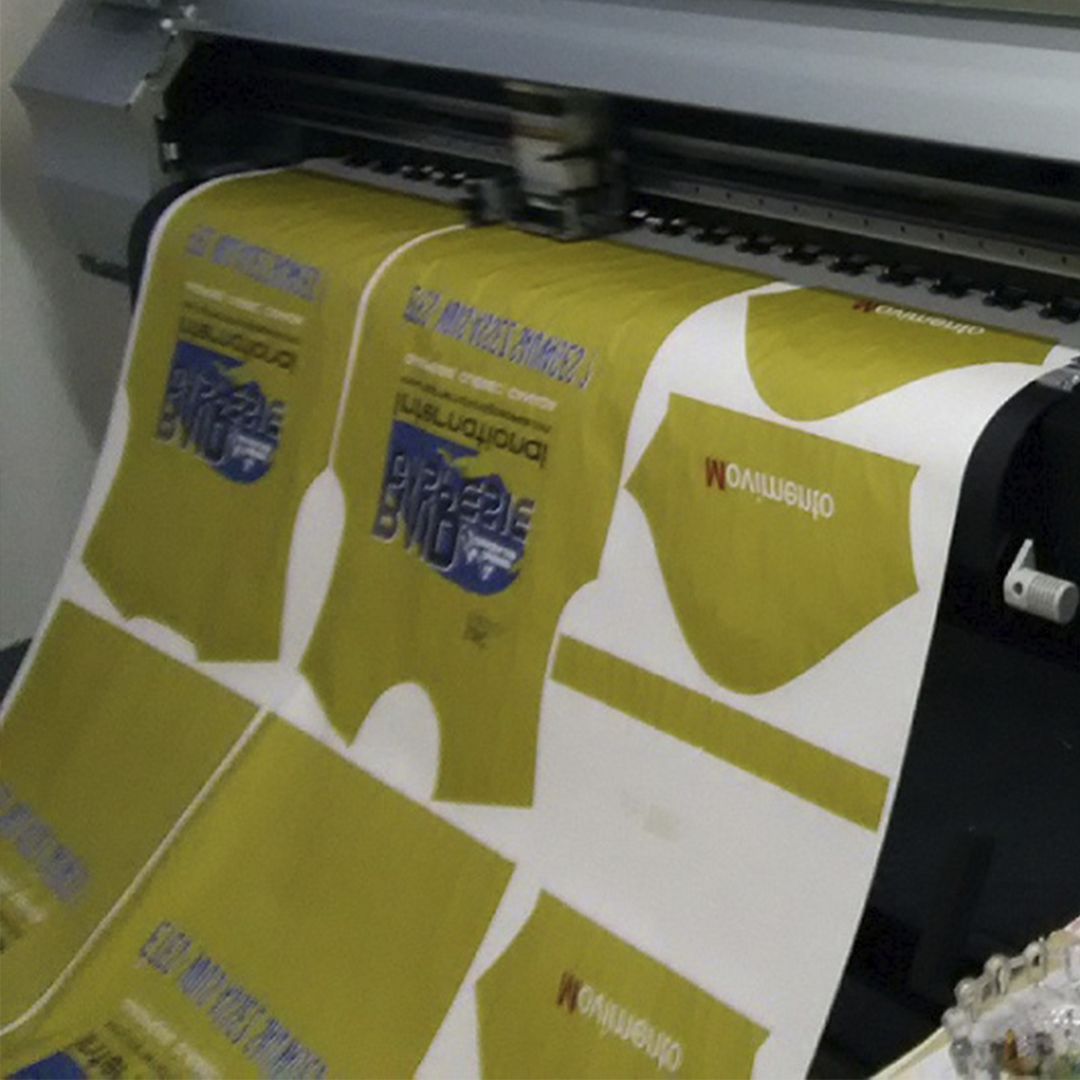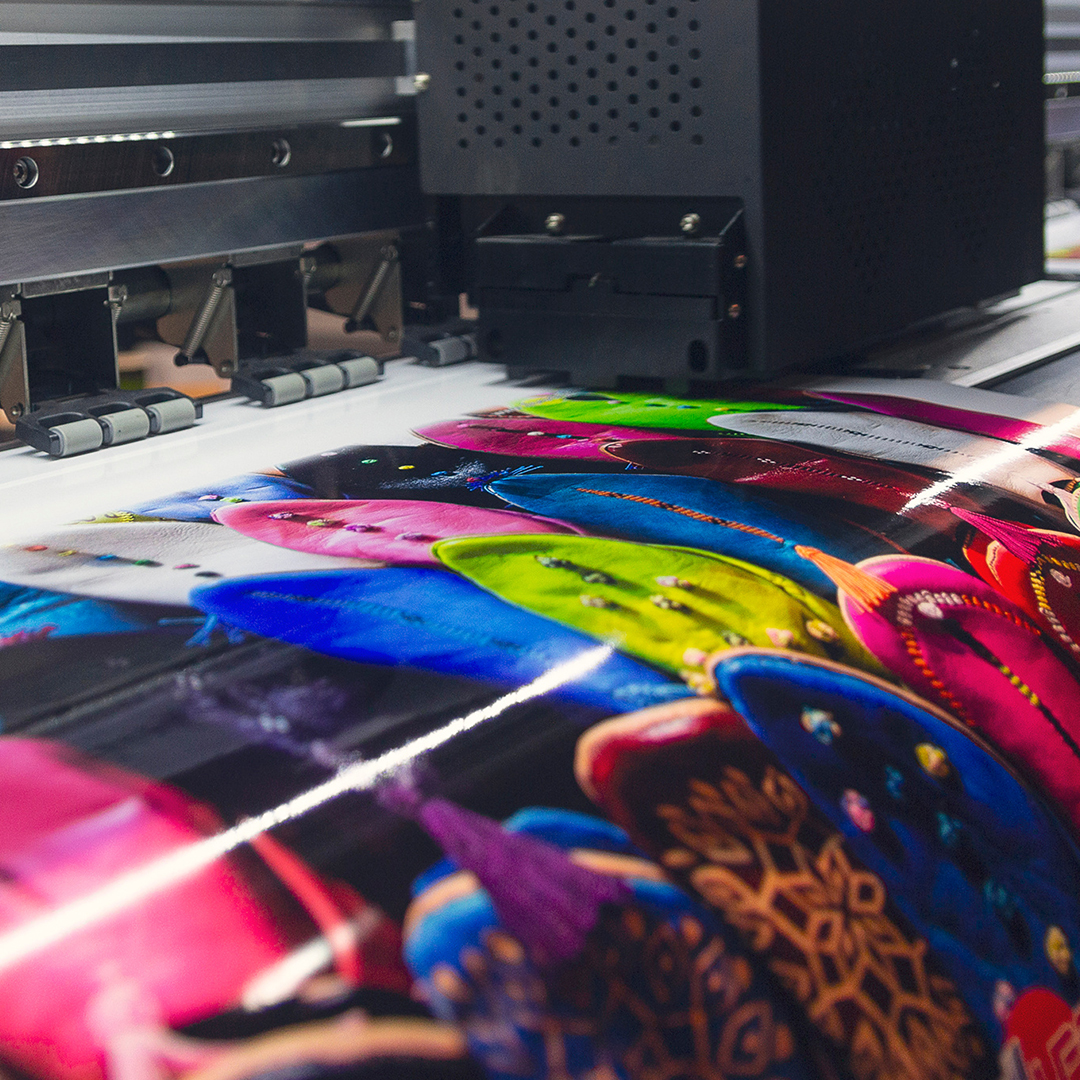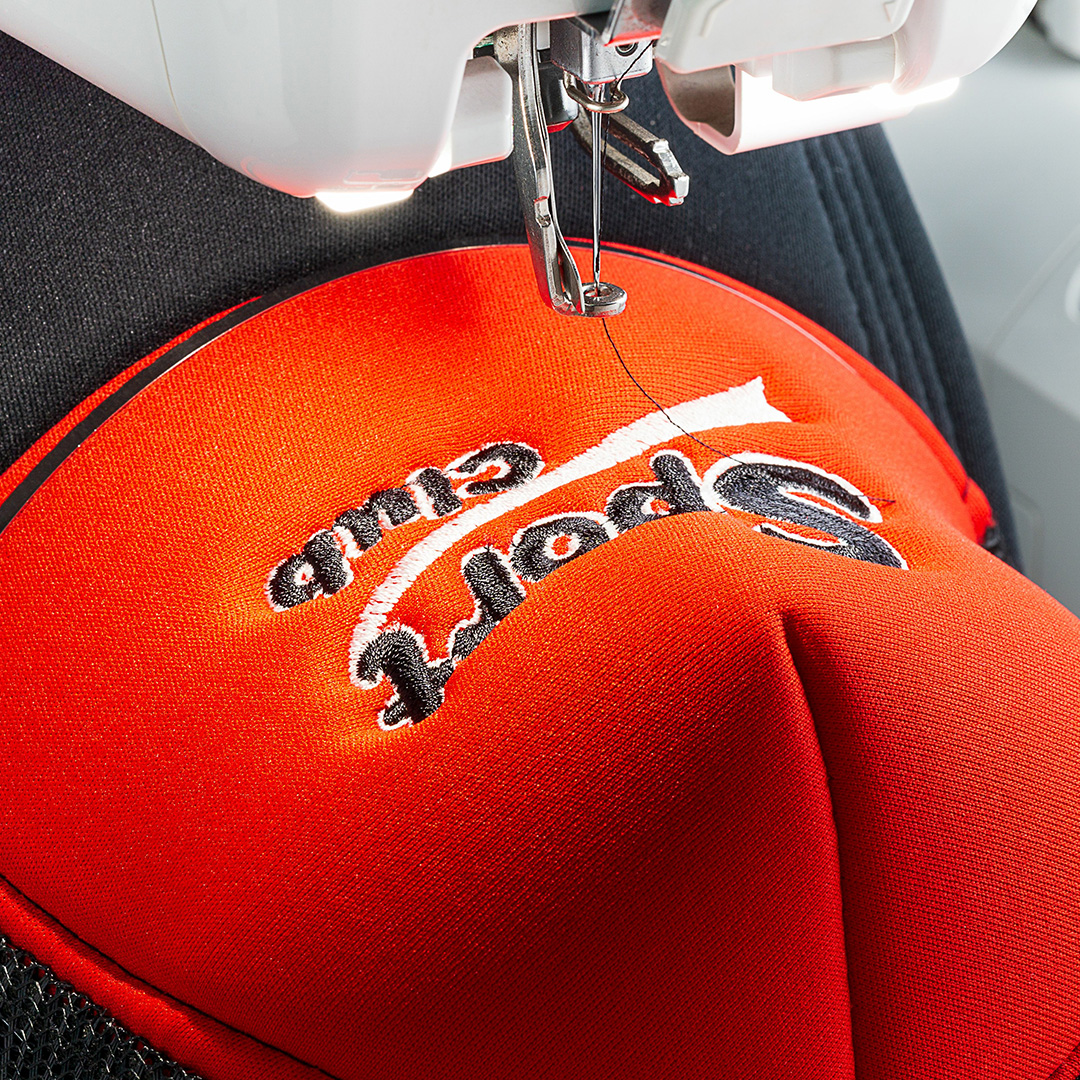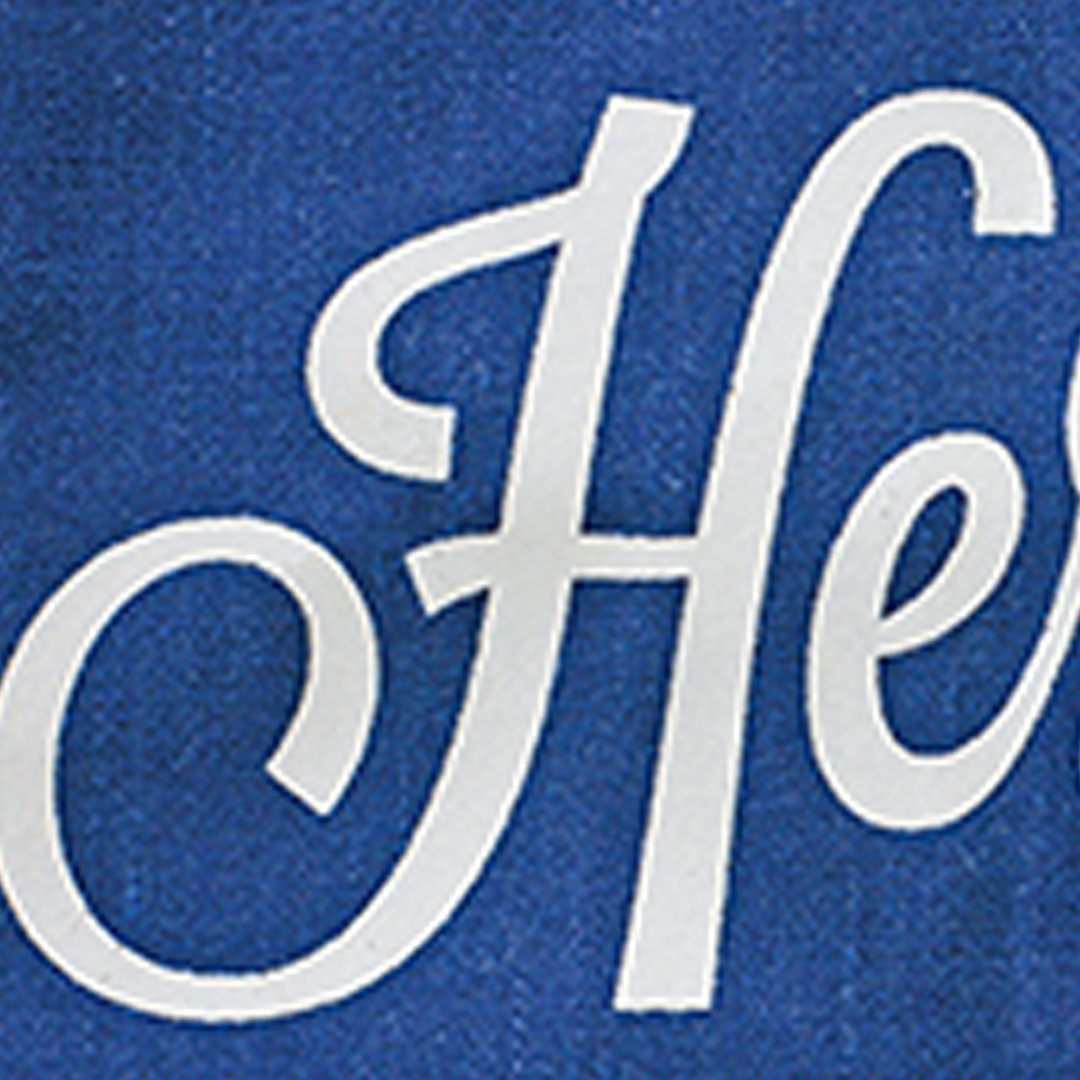Elbrus Tote Bag is made of 70% recycled cotton (220gsm) and 30% rPET. Easy to carry around with comfortable 65cm long handles. It's a sustainable and eco-friendly choice, reducing waste and promoting environmental responsibility. Designed to carry up to 15L and withstand weights of 15kg. Available in 12 colours and measuring 38x40x8cm.
Size:
38x40x1
Composition: Recycled Cotton
Weight: 116 grams
Units per box: 100 units
Box measurements: 41 x 34 x 47 (cm)
Digital transfer
Digital transfer is ideal for digitally marking small quantities and without color limitations. It's used on products such as document holders, backpacks, non-woven bags, cork products, and soccer balls.
Digital printing
Digital printing is, of all the marking techniques, the most modern. It allows printing directly onto a garment or paper using special printers. No screens or drying are required, and the results are high-quality. It allows printing full-color gradients or photographs. It is a widely used technique for labels or pins.
Embroidery
The traditional embroidery technique allows you to personalize different types of fabrics with a high-quality finish. This customization technique is also highly durable and relies primarily on embroidering the chosen design with different colored threads. The cost of this technique depends on the area in square centimeters to be embroidered. Embroidery is primarily used on caps, T-shirts, polo shirts, blankets, towels, and all types of textile products.
Textile screen printing
Textile screen printing is the same process as silkscreen printing, but optimized for use on fabrics. It's used on promotional products such as aprons, fleece fabrics (sweaters, vests, etc.), and non-woven bags.











